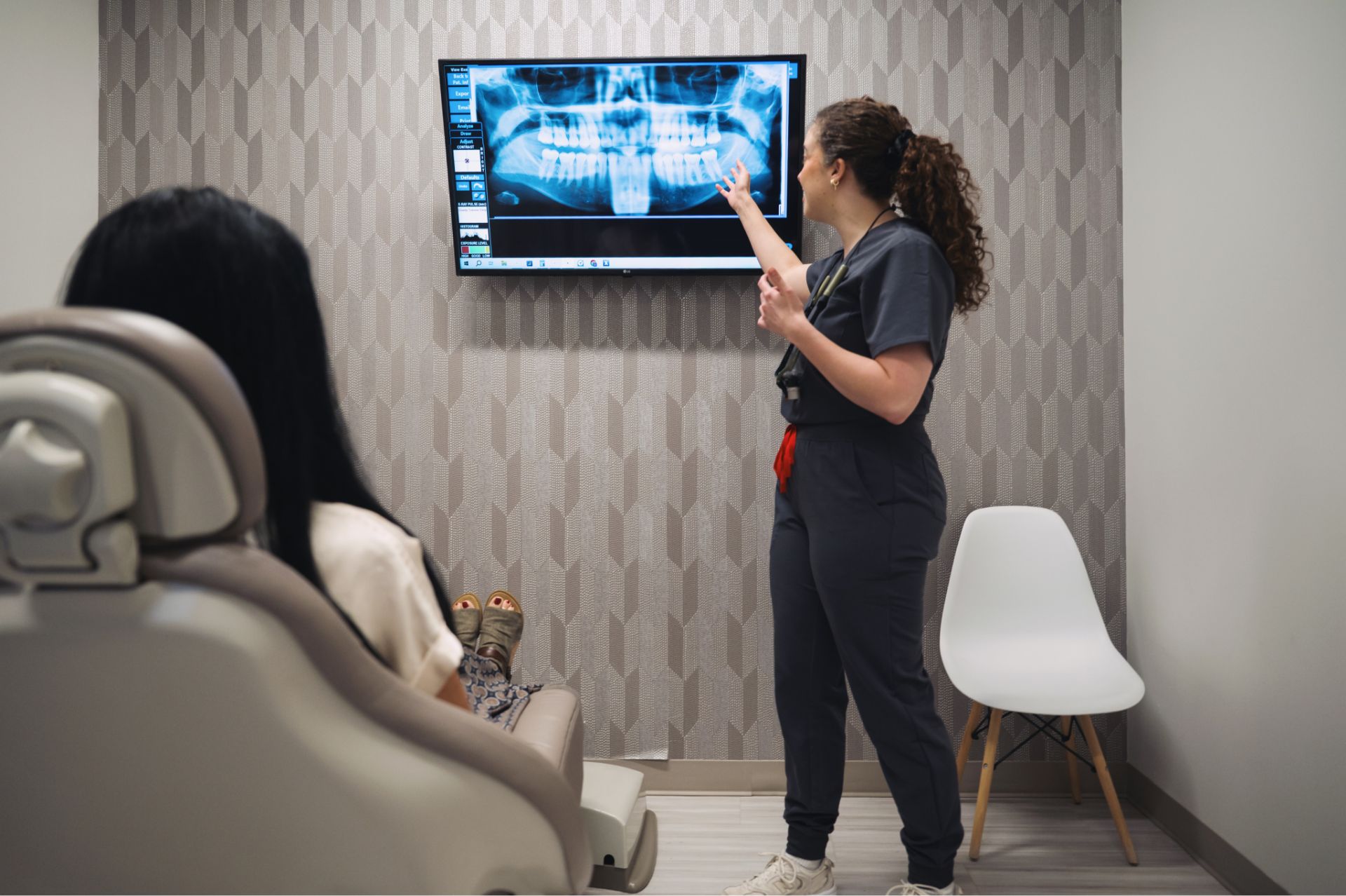
Is Juice Healthy for Teeth?
.jpg)

Is Juice Healthy for Teeth?
Many parents turn to juice as a daily staple in their children’s diet. While the nutritional benefits listed on a juice box may make it seem like a healthy choice, drinking too much juice can have negative consequences for little teeth. Understanding how juice affects your child’s oral health can help you make more informed choices and protect their developing smile.

Juice & Sugar Content
Fruit juice is often marketed as a healthier alternative to soda, lemonade, and sports drinks. Although juice does contain essential vitamins and antioxidants, its high sugar content can be detrimental to both primary and permanent teeth. Sugar feeds harmful bacteria in the mouth that produce acids as a byproduct. These acids wear away enamel and can lead to cavities.
Even 100% fruit juice, which does not have added sugar, still contains enough natural sugar to impact oral health. Popular juice varieties, such as apple or grape juice, have just as much sugar per serving as some soft drinks. Frequently sipping these beverages throughout the day creates a constant acid attack on the teeth, significantly increasing the risk of tooth decay.
Acidic Juices Can Weaken Enamel
In addition to being high in sugar, juice is also acidic, particularly those made from citrus fruits. The acids in juice lower the mouth’s pH, gradually breaking down the enamel that protects the teeth.
Frequent exposure to acidic beverages, especially when consumed between meals, increases the risk of permanent enamel erosion. Once enamel is lost, it cannot grow back, leaving the teeth more vulnerable to sensitivity, discoloration, and decay.
Tips for Enjoying Juice While Minimizing Risks
Juice can be part of a healthy childhood diet, but moderation and timing are key. Here are a few ways to help reduce the impact of juice on your child’s teeth:
Serve Juice at Mealtimes
Give your child juice during meals, rather than between them, to help limit how long the teeth are exposed to sugar and acids. Saliva production is highest while eating, which naturally cleanses the mouth and helps restore a healthy pH balance.
Limit Quantity
The American Academy of Pediatrics recommends no more than 4 ounces of juice per day for children aged 1 to 3, 4 to 6 ounces for ages 4 to 6, and 8 ounces for ages 7 and older.
If your child asks for juice more than once a day, try mixing a partial serving with water. This helps maintain the flavor they love while helping you stick to healthy limits.
Avoid Putting Juice in Sippy Cups and Use Straws
Sippy cups allow liquids to pool around the front teeth. When kids drink juice from sippy cups throughout the day, it repeatedly bathes their teeth in sugar. Using a straw to drink juice helps send the liquid toward the back of the mouth, reducing how much the teeth are exposed to it.
Serve Water as the Main Beverage
Water is the healthiest drink choice for growing children. It keeps the body hydrated and plays an important role in developing healthy, strong teeth. Drinking fluoridated tap water helps protect against cavities by strengthening tooth enamel. For a touch of flavor, try adding a slice of citrus or a few fresh berries. This small garnish can make water more appealing without the added sugars found in juice.
Brush After Sugary Drinks When Possible
If your child drinks juice, encourage them to brush their teeth about 30 minutes after they finish. If brushing is not possible, rinsing with water can help reduce the sugar and acid left on the teeth.
Protect Smiles Through Smart Choices
The occasional glass of juice is not likely to harm your child’s smile, but daily habits matter. Choosing water more often and limiting juice to small servings with meals can help prevent cavities and support little teeth.
If you have questions about how your child’s diet may be affecting their teeth, we are here to help. At your child’s next dental visit, we can review their oral health, offer guidance on healthy choices, and provide preventive care to protect their smile as it grows.
CONNECT
We can’t wait to meet you!
Call 919.694.3148 or request an
appointment online to set up your first visit. We’ll be in touch soon.